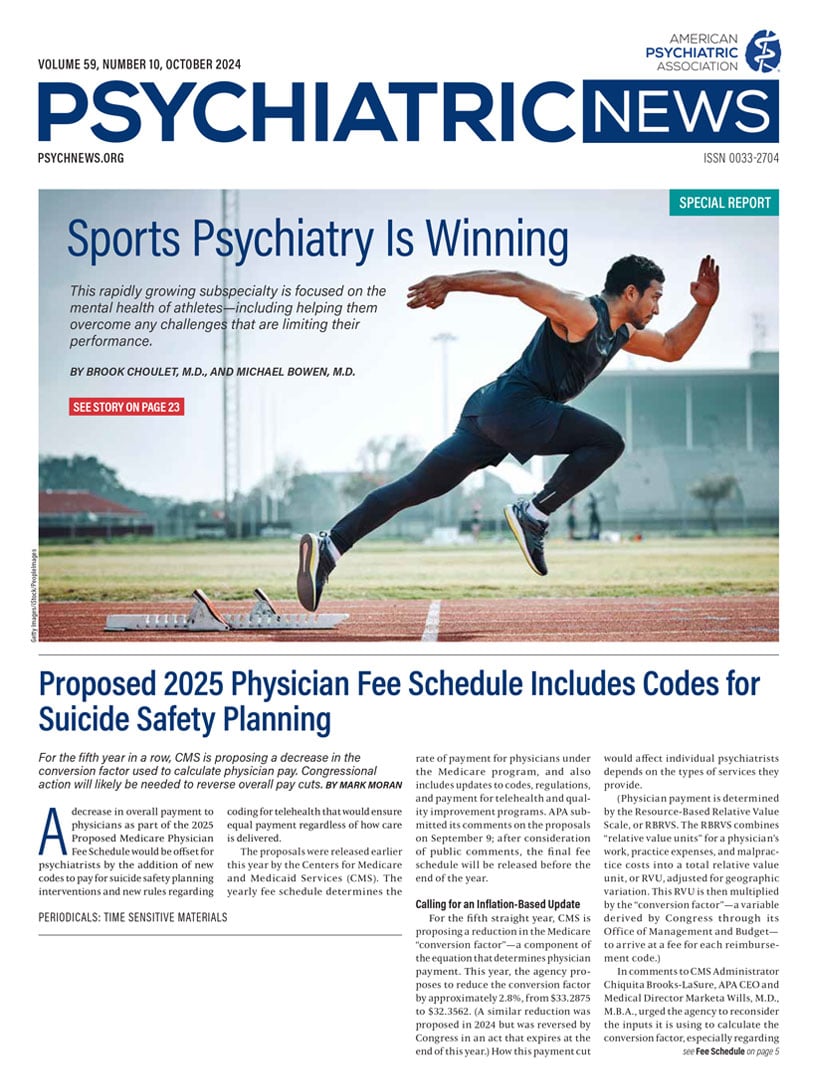The “Alien” franchise has always explored our darkest fears, but in today’s fight for body autonomy and reproductive rights, its portrayal of sexual aggression and invasion resonates with an unsettling urgency. This was not exactly at the forefront of my mind when I settled into the theater with my scary-movie-loving 8-year-old daughter for the newest entry in the series, Fede Alvarez’s brilliant “Alien: Romulus.” As she normally does, she eventually shuffled from her own seat to my lap because the theater is always 10 degrees cooler than it should be and I must protect her from the cold, and, well, who’s better than her baba for that?
But as the chaos started to unfold on the giant IMAX screen, just as it had since Ridley Scott’s original masterpiece premiered before her baba was even born, I became acutely aware that my ability to protect her is frighteningly limited.
What makes us keep traveling back to space (where no one can hear you scream), with “Romulus” being the ninth entry in the franchise? Sigmund Freud would say that scary movies allow us to confront our deepest fears and anxieties in a safe space. In “Alien,” the exploration of space serves as a metaphor for our own vast unconscious filled with dark recesses and primal fears, with the “xenomorph” creature embodying Eros and Thanatos—the life and death drives, capturing our fascination with creation, destruction, and the thin line that separates them.
Original “Alien” designer H.R. Giger’s intentionally pervasive sexual imagery is impossible to ignore, nor is the deep-seated fear it evokes. From the hatching of the eggs and the facehuggers’ insatiable pursuit of their human hosts through oral penetration and subsequent impregnation and gestation, to the infamous chestbusters violently emerging in a grotesque, forced birth that immediately kills its “parent” on arrival—these images represent primal fears of sexual violation and loss of control. When viewed through this lens, one could argue that “Alien” is the most terrifying safe-sex message ever put to film.
The genius of the “Alien” movies lies in their deliberate subversion of expected gender roles, further intensifying the anxieties underlying them. One would assume that a science-fiction horror movie would appeal to a mostly male audience, so the decision to make the first victim male in most of the films in the series—and forcing viewers to witness the ensuing horrors—only further amplifies these fears.
Adding injury to insult for the male audience expecting a macho male hero to save the day once again, it has always been a female protagonist who defeats the xenomorph. This tradition, started in 1979 with Sigourney Weaver’s iconic portrayal of Ripley, is admirably passed down to Cailee Spaeny as Rain in “Romulus.”
In an America that has overturned Roe v. Wade, with some states introducing legislation to restrict access to abortion as health care (and these same states often attempting to restrict access to invitro fertilization), the unfortunate reality of sexual assault is all too common. We are continuously confronted with real-life horror stories of forced, unwanted pregnancies that have the potential to dramatically alter the lives of these victims, leaving lasting trauma even if pregnancy is not the outcome. This trauma is especially significant for male victims of sexual assault, an often-overlooked group.
As we safely left the theater, my daughter bravely told me that she only got scared twice. I squeezed her hand a little tighter, hoping that she never has to face these horrors—and that, like the heroines of these stories, she too can emerge safely at the end, stronger for having faced the darkness.” ■


